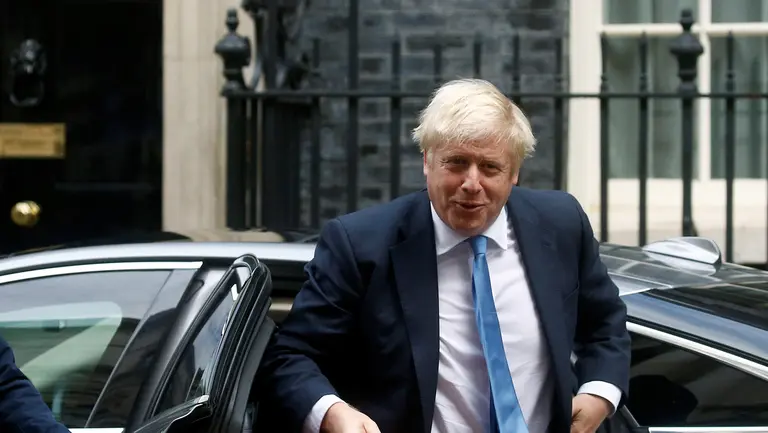
18.10.2019
Commenting on the Brexit deal, Stephen Phipson, CBE, Chief Executive of Make UK, The Manufacturers’ organisation said:
“I warmly congratulate the Government for negotiating an agreement which values trade, creates a plan for our departure and, vitally, prioritises the avoidance of a hard border between Ireland and Northern Ireland. The flexibility shown by both our Government and the EU is something we long called for and now applaud. An alternative to a disastrous no deal exit is now in plain sight.
However, if the deal is passed, we must start our new relationship with the EU with certainty and clarity. As it stands, there are many unanswered questions.
Manufacturers will measure the strength of any deal in the certainty it provides against four key outcomes: a suitable transition period, regulatory alignment, protecting frictionless trade and accessing skilled labour.
Firstly, the new transition period is short, and the failsafe of an emergency temporary customs union has gone. Our future trade deal with the EU may take years to negotiate, concluding long after the transition period ends. This risks moving onto WTO trading terms in just 14 months, bringing crippling tariffs, complex customs procedures and friction at the border.
Secondly, changes won’t come in one wave. A short transition and a longer term timeframe for agreeing a future trade deal mean adopting incremental changes over a drawn out period, adding greatly to the red-tape burden.
Thirdly, we are concerned to see that commitments to the closest possible trading relationship in goods have gone. Differences in regulation between the UK and the EU will add cost and bureaucracy and our companies will face a lack of clarity inhibiting investment and planning.
Finally, we remain uncertain about how we find skilled labour to fill jobs where British workers are in very short supply, critical for our sector. We’re also concerned about whether our future trading relationships will ever embrace the frictionless trade arrangements which have led to a renaissance in British manufacturing. This deal could make a great difference to British industry and we would welcome simple changes which would ensure it delivered for the manufacturing backbone of Britain.”
